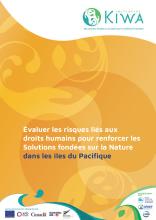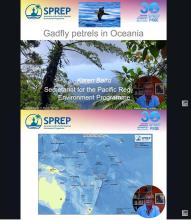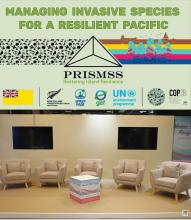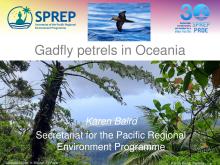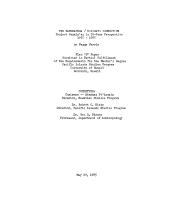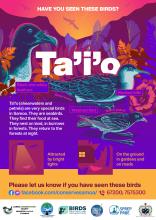International news media framing of invasive rodent eradications


Island and Ocean Ecosystems, BRB
Available Online
Delborne, J. A.
,
Peterson, M. N.
,
Pitts, E. A.
,
Valdez, R. X.
2019
Invasive rodents threaten global island biodiversity and have been eradicated from hundreds of islands. Eradication efforts can be contentious due to animal welfare concerns and risk to non-target species. The news media plays a critical role by providing context for eradications. To better understand how the news media frame invasive rodent eradications, we conducted a thematic content analysis of 462 newspaper articles published in newspapers from 13 countries between 1993 and 2014. Although the media typically frames environmental stories as conflicts between stakeholders, the media tended to use ‘‘conquest frames’’ for rodent eradications. Articles often emphasized key elements of the conquest frame, including recast rules and norms, being on frontiers, positioning heroes against nature, creating drama by questioning the success of heroes, orienting towards the future, and positioning the audience as an awestruck witness. We detected international differences for some themes. Articles from Canada and Australia often included costs of eradication, articles from New Zealand were less likely to include endemic species, and articles from the United States were most likely to include conflict. Our results suggest that unique aspects of rodent eradications may encourage conquest framing, and cultural contexts of place shape framing between countries. We conclude that conquest framing by the media has largely supported rodent eradication effort
